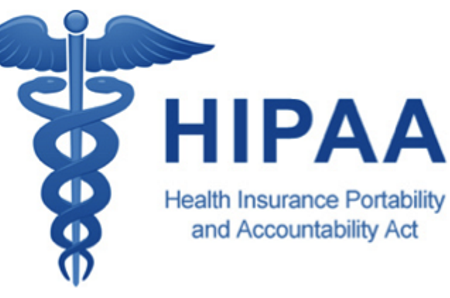The Health Insurance Portability and Accountability Act (HIPAA) is a pivotal piece of legislation, but why is HIPAA so significant? What alternations did HIPAA introduce and what are the advantages that it allocate to the healthcare industry and patients?
Introduced in 1996, HIPAA was introduced to focus one particular issue: Insurance coverage for workers that are between roles. Without HIPAA, workers faced losing insurance coverage when they were between jobs.
A second aim of HIPAA was to eliminate healthcare fraud and ensure that all ‘protected health information’ was properly secured and to restrict access to health data to authorized people.
What does HIPAA do for Healthcare Groups?
HIPAA brought in a number of important benefits for the healthcare sector to help with the shift from paper records to electronic copies of health data. HIPAA has helped to focus administrative healthcare functions, enhance efficiency in the healthcare sector, and ensure protected health information is shared safely.
The standards for capturing health data and electronic transactions ensures everyone is following the same set of rules. Since all HIPAA-covered bodies must use the same code sets and nationally recognized identifiers, this helps greatly with the transfer of electronic health information between healthcare suppliers, health plans, and other organizations.
Why does HIPAA do for Patients?
Arguably, the greatest advantages of HIPAA are for patients. HIPAA is significant because it ensures healthcare suppliers, health plans, healthcare clearinghouses, and business associates of HIPAA-covered bodies must put in place multiple security measures to protect sensitive personal and health information.
While no healthcare group wants to expose sensitive data or have health information illegally taken, without HIPAA there would be no requirement for healthcare organizations to secure data – and no repercussions if they failed to do so.
HIPAA enforced rules that require healthcare groups to control who has access to health data, restricting who can view health data and who that information can be collaborated with. HIPAA helps to ensure that any data sent to healthcare providers and health plans, or information that is created by them, sent, or recorded by them, is subject to strict security controls. Patients are also given management of who their information is shared with.
HIPAA is significant for patients who want to take a more ‘hands on’ role in their healthcare and want to receive copies of their health data. Even with great care, healthcare groups can make errors when recording health information. If patients are able to receive copies, they can check for mistakes and ensure they are amended properly.
Downloading copies of health information also allows patients when they seek treatment from new healthcare suppliers – information can be shared, tests do not need to be retaken, and new healthcare providers have the complete health history of a patient to inform their rulings. Before the Introduction of the HIPAA Privacy Rule, there was no obligations for healthcare groups to share copies of patients’ health information.


